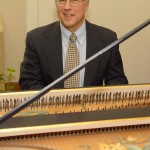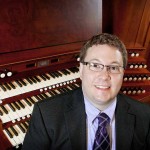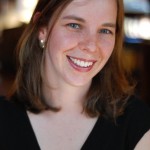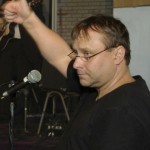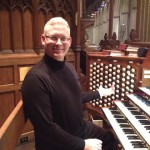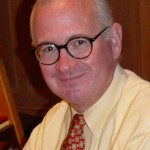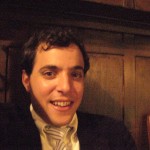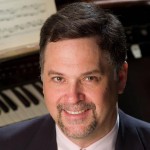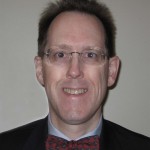Writing Grant Applications to State Arts & Humanities Councils
AGO Chapters and Conventions always need money for programs. Often untapped are grants from state and local Arts & Humanities Councils. This workshop demonstrates how to write grant applications to these agencies in order to fund concerts, workshops, and speakers.
Calvert Johnson has performed in Japan, Mexico, and throughout the United States and Europe. He is known for performing music by underrepresented composers and early music. He has recorded for Albany, Calcante, and Raven. Hildegard, Vivace Press, ClarNan, and Wayne Leupold Editions are his publishers. Author of acclaimed volumes of Historic Organ Performance Practices (Spain, Italy, England, and the Netherlands), He has performed and lectured at many colleges and American Guild of Organists chapters. He has served as the Guild’s treasurer and dean of the Atlanta and Tulsa chapters. He has also served as president, Southeastern Historical Keyboard Society; chair of the board, ArtReach Foundation; and chair, Committee on Cultural Inclusion, College Music Society. He has successfully written grant applications in support of these organizations.

